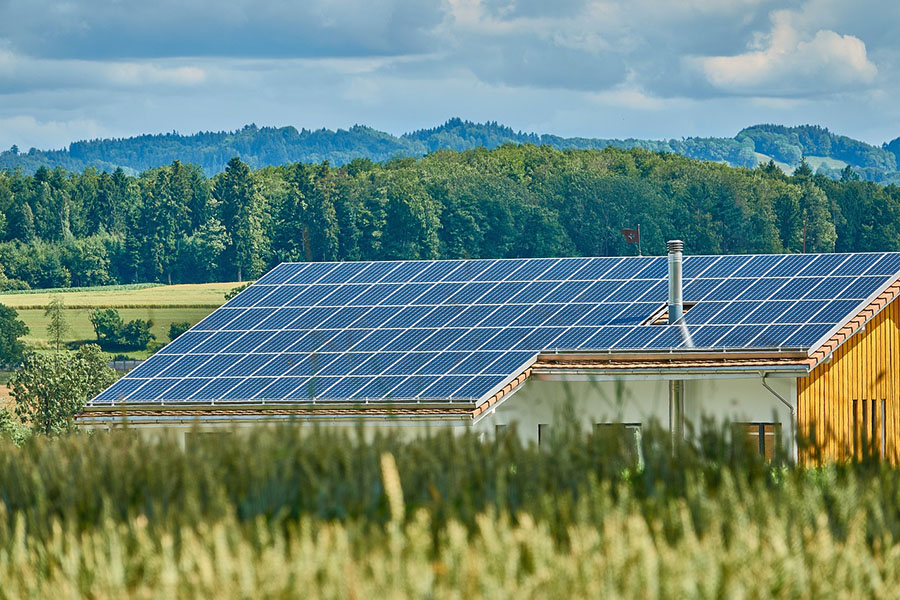Differences between Solar Hybrid System, Off Grid System and On Grid Solar System

Solar systems
On-grid solar systems are connected to the utility grid, which means that they can use electricity from the grid when the solar panels are not producing enough power, and they can also sell excess electricity back to the grid. On-grid solar systems are the most common type of solar system, and they are also the least expensive.
Off-grid solar systems are not connected to the utility grid, and they must rely on batteries to store excess electricity generated by the solar panels. This makes off-grid solar systems more expensive than on-grid systems, but it also makes them more reliable, as they can continue to provide electricity even during a power outage.
Hybrid solar systems combine the best features of on-grid and off-grid systems. They are connected to the utility grid, but they also have batteries to store excess electricity. This allows hybrid solar systems to provide power during a power outage, and they can also sell excess electricity back to the grid.
The key differences between solar hybrid systems, off-grid systems, and on-grid solar systems
| Feature | Solar hybrid system | Off-grid solar system | On-grid solar system |
|---|---|---|---|
| Connected to the utility grid? | Yes | No | Yes |
| Can use electricity from the grid? | Yes | No | Yes |
| Can sell excess electricity back to the grid? | Yes | No | Yes |
| Requires batteries? | Yes | Yes | No |
| Can provide power during a power outage? | Yes | Yes | No |
| Cost | More expensive than on-grid systems | Most expensive type of solar system | Least expensive type of solar system |
Which type of solar system is right for you?
The best type of solar system for you will depend on your individual needs and budget. If you are looking for the most affordable type of solar system, and you are willing to lose power during a blackout, then an on-grid solar system is a good option. If you need to be able to provide your own electricity during a power outage, or if you do not have access to the utility grid, then an off-grid solar system is a good option. If you want the best of both worlds, then a hybrid solar system is a good option.
Some additional factors to consider when choosing a solar system
- Your energy needs: How much electricity do you use on average each day? This will determine the size of solar system you need.
- Your budget: How much money are you willing to spend on a solar system?
- Your location: How much sunlight does your property receive? This will affect how much electricity your solar system can generate.
- Your local regulations: Are there any local regulations that you need to be aware of when installing a solar system?
It is important to consult with a qualified solar installer to get more information about the different types of solar systems available and to choose the best system for your needs.
You might also be interested in…
No posts
Request a quote
Call Us
+86-187-9066-2072
Address
1722, unit 5, building 1, Poly Culture Plaza, Zhengzhou, Henan, China
